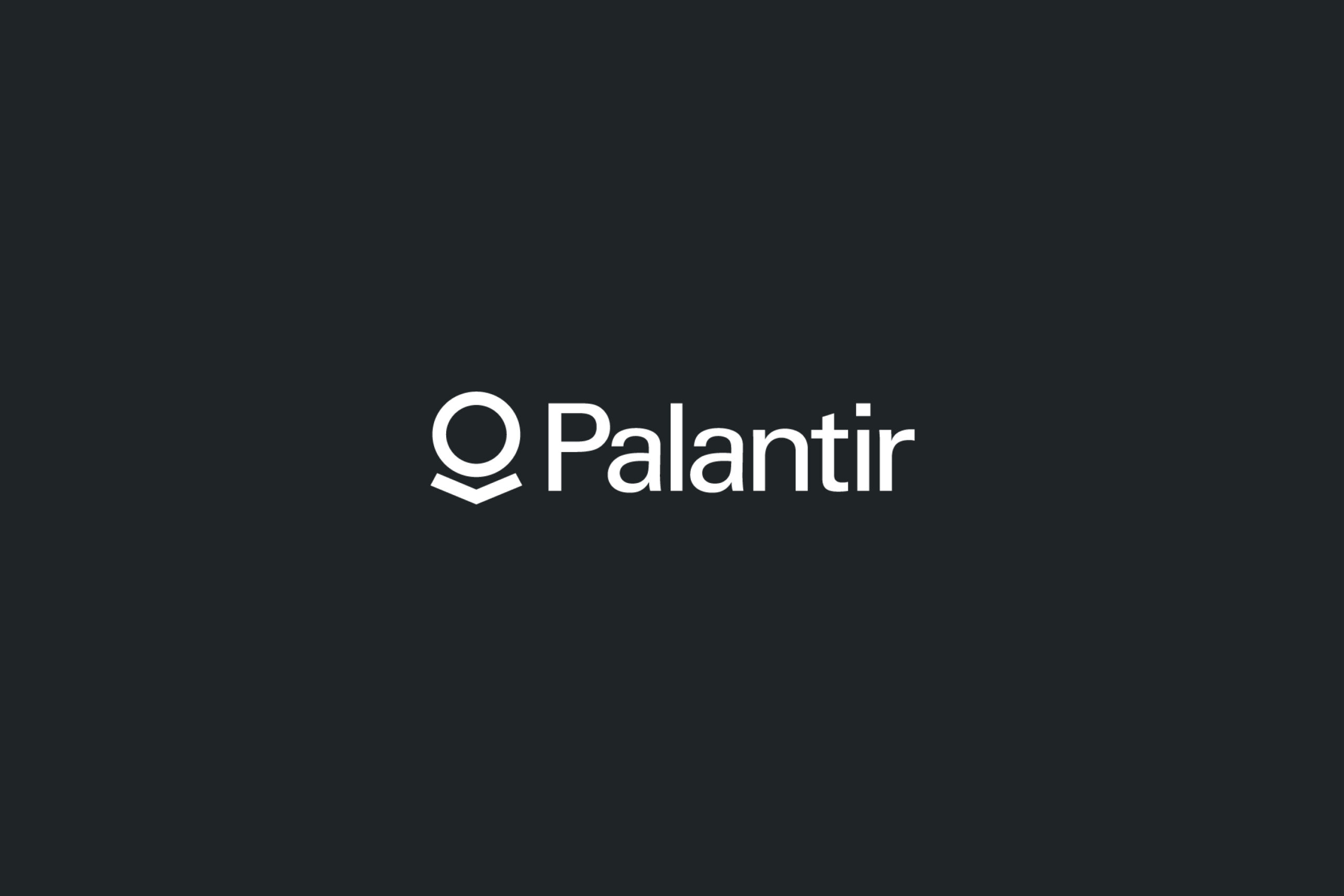Palantir, a technology company, is facing scrutiny in its bid to handle the UK’s National Health Data. Concerns and questions surround the nature of the data Palantir would manage and how it would be utilized.
Thiel, one of Palantir’s figures, expressed certain opinions in a personal capacity, which differ from the company’s official stance. McArdle, from Palantir, emphasized that the CEO disagrees with these personal views and expresses a wish for a healthcare system in the US similar to the perceived effectiveness of the British system in serving the underserved.
In the UK, speculation abounds regarding the specific data that Palantir would be entrusted with and its potential applications. Three categories of “de-identified” data, stripped of patient names and identifying markers, are under consideration for inclusion in the system.
The first category is primary care data, readily obtainable from general practitioners’ computer systems. The second involves hospital data for billing purposes, essentially an Excel spreadsheet documenting patient visits and treatments. The third, the most challenging to access, encompasses granular, day-to-day data held within individual hospitals’ systems, including doctors’ notes and clinic letters. This data is typically locked behind proprietary software, with the NHS featuring 20 to 30 distinct hospital systems, each functioning like a separate entity.
The NHS asserts that, regardless of the company constructing the system, it will retain control over data usage within it. Tang, representing the NHS, emphasized that the successful supplier would operate solely under NHS instructions, without any authority to access, use, or share data for personal gain. Nevertheless, concerns linger among the public that this data might be monetized in the future.
Critics, like David Wrigley from the British Medical Association’s GP committee in England, express reservations about involving profit-seeking companies in healthcare. They advocate for the NHS to develop such systems internally, funded by taxation and devoid of profit-driven elements.
Palantir refutes allegations of untrustworthiness and data monetization. McArdle clarifies that Palantir’s role is to provide tools for organizing and understanding data, with no involvement in data collection, mining, or sales.
Opposition to Palantir’s potential role extends beyond the specifics of the contract to the notion of outsourcing this work. Critics argue that the NHS should build the necessary expertise internally, highlighting a reduction in digital experts due to government funding cuts.
If Palantir secures the contract, concerns arise that NHS patients might withhold data out of protest. In a previous attempt to introduce data-sharing for research, over 1 million individuals opted out within a month. The lack of public debate around this contract raises questions of transparency and trust, with implications for patients’ willingness to share data.
Despite her reservations, Marianne acknowledges the possibility of Palantir’s involvement but suggests greater comfort if the NHS exclusively handled the data issue.
